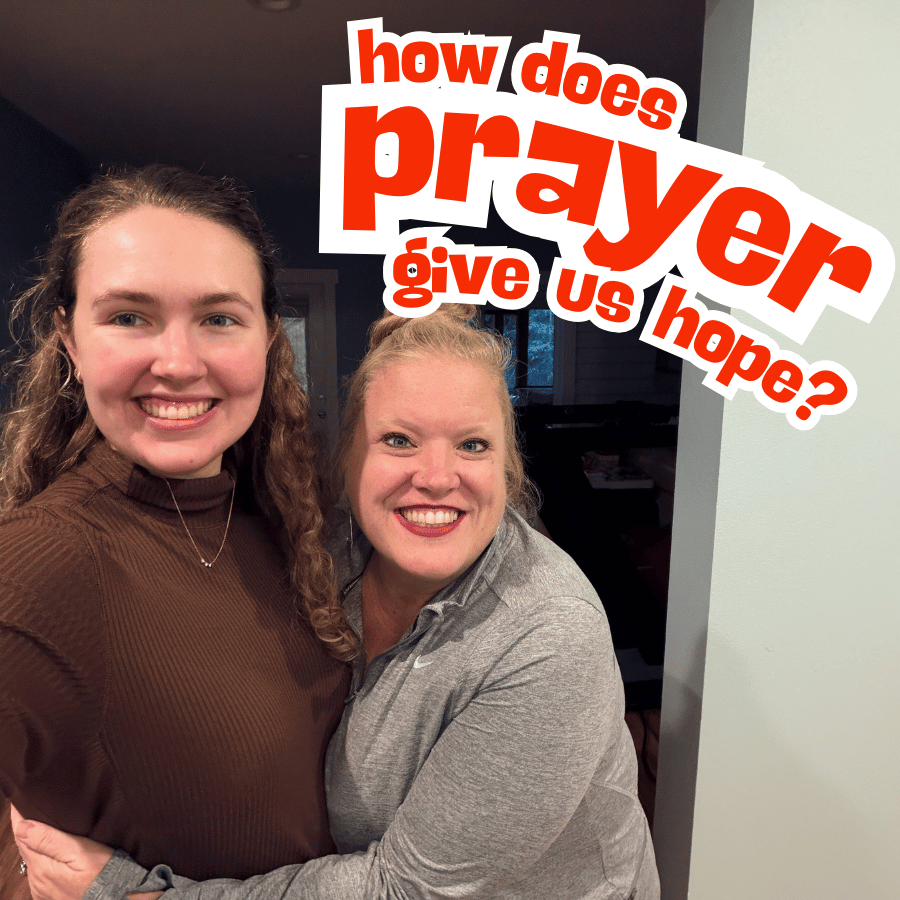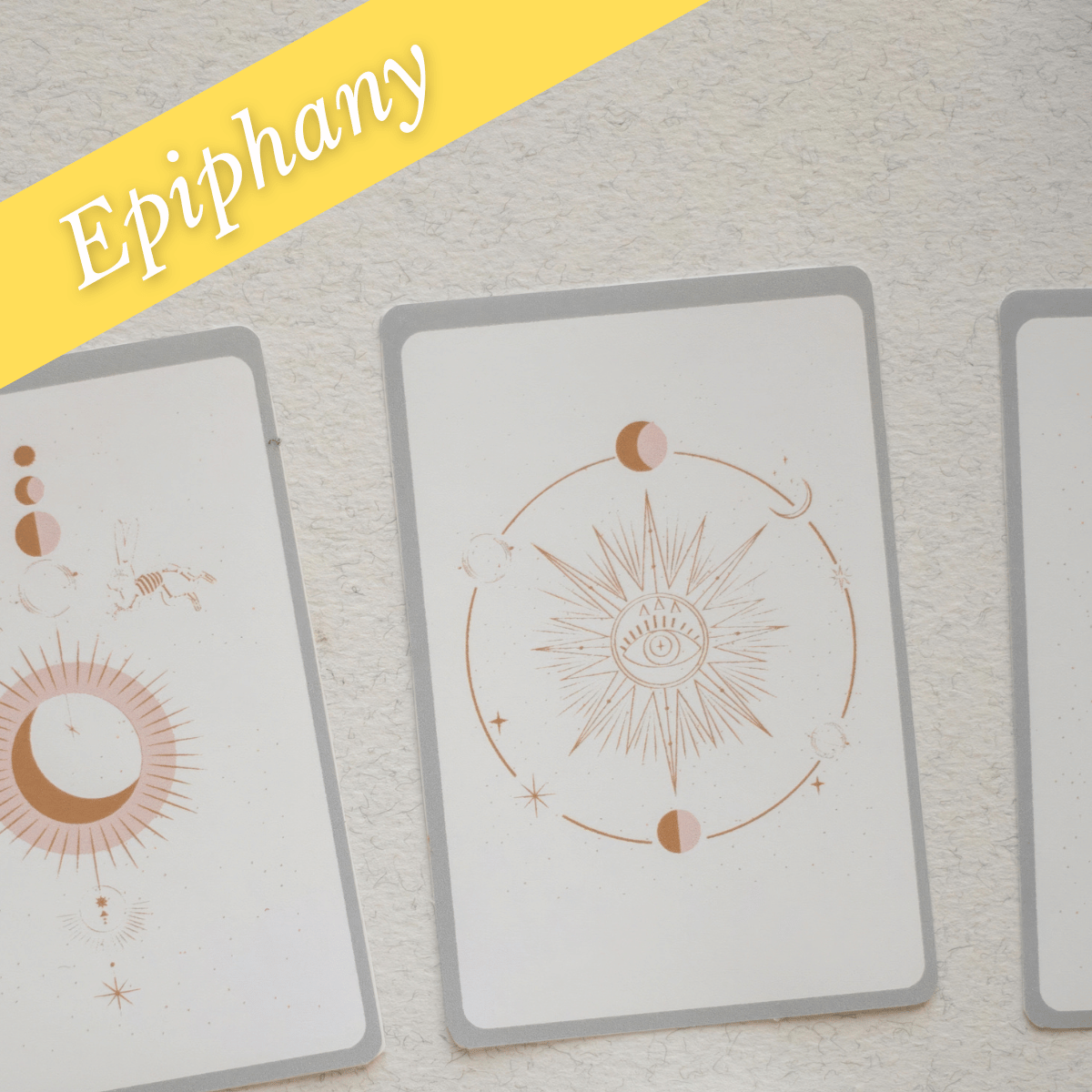What’s Important is Where God Shows Up
Written by Matt McCoy
3 minute read
In order to understand what someone means (whether it’s an uncommon friend, a Biblical person, or God), we have to understand where they’re coming from. In the realm of Chirstian theology, we would call this “context.” That could include where and when someone was born, what culture they grew up in, and what language they speak. For Biblical writers like Daniel, context also includes when they were writing, who they were writing to, and what motivated them to take up quill and parchment in the first place. All of this is a part of understanding where someone is coming from. So when we read the book of Daniel, we find that Daniel wants to revive our imagination so that we remember what’s really important: where God shows up.
Daniel was living in the empire of Babylon after it destroyed his home of Jerusalem. It would be normal for someone in Daniel’s situation to feel like Babylon was the Most Real Thing, but he resists that, instead inviting his readers to focus on where God is showing up in everyday life.
For Daniel, writing poetry was a way to do this. It was a way for him to focus on what the actual Most Real Thing was, and open a space for his audience to do so too. Fortunately for us, poets still walk among us, and they continue to invite, challenge, and stir us up. Below is a poem by Jeremy Voigt, a friend of mine, who read this poem at my ordination service in 2016. This is where we’re coming from today as we try to take the next faithful step with Daniel, and where he is coming from. Then and now, we want to continue on the faithful path.
Mystery is What Makes Us Live
by Jeremy Voigt
In each story handed down there is a river,
or a fire, or cave, or something to enter—
In this story there is a rounded river
Returning to itself as it is leaving, forever
hunted by its own waters. And each story
has a moment that distracts, a dodge of glory
like the moment for Daniel where he steps
out of the den, still alive—which seems
the point, but the thing worth learning
comes before the dazzle of not dying,
as the artists knew and painted Daniel
surrounded by the lions and not emerging.
But even here discord among the details.
Ruben paints him young, in twisted prayer,
the lions viscous and circling, where
Riviere paints him much older, staring
out the window, the lions calmed by his calm,
by the light he gazes into. What’s important
is where God shows up, as you, Matt,
told me once beside a baseball field.
That heart and mind sees how each entering
in each story promises impermanence,
the way a river promises. It is still a river.
Still dangerous, and lovely in its movement,
and all its new water will continue to seek
the larger water, seemingly decent and in order,
but each a whirlpool, a whirl of new, of old,
swirling around the center (where God shows
up) which seems nothing, but is really
a new place to enter for the one scrambling
along the rocks, smoothed by water, such water
stones are tough for travel, but good for knowing
the good of difficulty, the slip, the stumble,
the gathering up, and the small are miraculous
manifest as they hold back thirst when sucked;
yes, a stone for the mouth when the river is all sound.
Sir Peter Paul Rubens
Daniel in the Lions' Den, c. 1614/1616
Briton Riviere
Daniel's Answer to the King, 1890











3-minute read